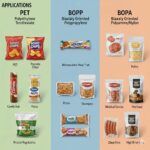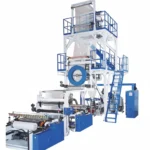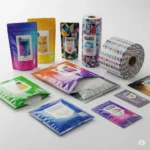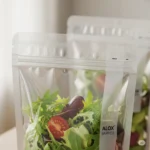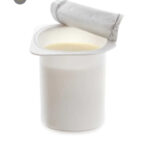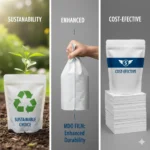Table of Contents
ToggleQC Basics & Fundamental
Introduction
Flexible packaging is used in industries like food, pharmaceuticals, cosmetics, and FMCG (Fast-Moving Consumer Goods). But do you know how companies ensure that packaging is strong, safe, and defect-free? This is where Quality Control (QC) plays a crucial role. Here, we will start from the basics QC techniques in flexible packaging.
 What is Quality Control (QC)?
What is Quality Control (QC)?
Quality Control is the process of checking, testing, and ensuring that the final product meets industry standards and customer requirements. QC helps prevent defects, waste, and product failures before packaging reaches the consumer.
 Why is QC Important in Flexible Packaging?
Why is QC Important in Flexible Packaging?
Inadequate quality control can cause





 QC Steps in Flexible Packaging
QC Steps in Flexible Packaging
QC happens at three major stages:



 QC vs. QA (Quality Assurance)
QC vs. QA (Quality Assurance)
| Feature | QC (Quality Control) | QA (Quality Assurance) |
|---|---|---|
| Focus | Detecting & fixing defects | Preventing defects |
| When? | After production | During production |
| Goal | Ensures final product is correct | Ensures processes are correct |

 Who is Responsible for QC?
Who is Responsible for QC?
The QC team includes:




 Common QC Tests in Flexible Packaging
Common QC Tests in Flexible Packaging





Homework



